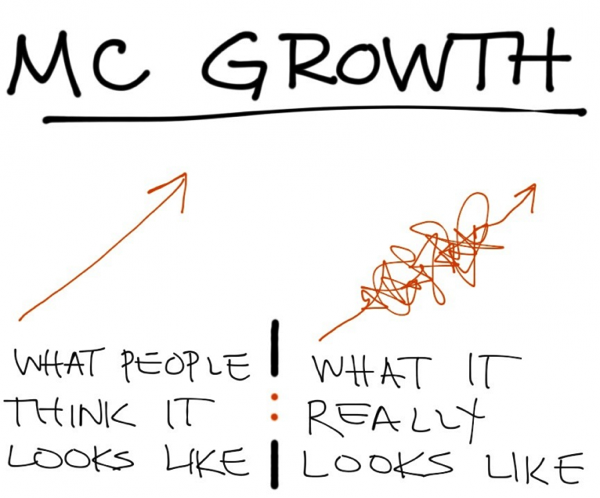Friday FAQ
I am often asked:
“What recommendations would you give a church that relies (and has relied for quite some time) on a traditional Sunday-school or small group model?”
While every situation is different and requires specific situational wisdom, generally I would say a few things:
Affirm what is excellent about an existing model
Sunday School has done some excellent things in equipping the church with sound doctrine and providing a place for belonging for many. Although I’m not convinced that Sunday School is the most optimal strategy, there are still many things that I find incredibly valuable! If you are going to make a change, it is important to recognize that you’re building off a foundation that has some excellent redeeming qualities.
Also, it’s important to recognize that there were people who invested a lot of time and energy into a particular ministry structure. Honor the investment they have made by affirming them! Few things are harder than when someone critiques work that you have put a lot into…put yourself in the shoes of the person who has gone before you! Also recognize that one day someone will come behind you and point out the deficiencies of your ministry strategy some day.
I’ve learned this one the hard way, and had some great friends in ministry who have rebuked me for being an arrogant punk, and taught me to always affirm what the Lord and people have done in the past.
Pilot what you want to see
Before you start telling people what they need to do, you should probably do it first. I’ve been around plenty of pastors who see missional communities more through the lens of a sexy effective program that makes sense for their church, but not for them. Without first-hand knowledge of the trials and struggles of MC life, there is no way you can effectively lead others to the radical and sacrificial life of a missionary. I love how my friend Seth McBee illustrates this:

Piloting will give you stories as well as first hand knowledge of the difficulties. The stories and struggles you accumulate during this time of pioneering will help you connect to others who want to change as well as clarify strategy for the future.
Take it slow!
Finally, take your time. Think through how you can reframe some parts of an existing structure before you go for a wholesale transition. Ready, fire, aim can certainly be effective, but remember you’re running a marathon, not a sprint. Meeting people where they are is often difficult for a hard-charging leader, but it’s critical to maintaining trust and relationship with people over the long haul. Also recognize you WILL make mistakes, and every strategic transition takes at least twice as long as you think it will.
The older I get, the more reticent to change I become, and we need to recognize that reality and help people by not moving too fast!
Leave a Reply